Innovative approaches of food processing in sub-Saharan Africa and Southeast Asia
14-15 April 2016. Bonn, Germany. The German Ministry for Food and Agriculture (BMEL) and The Federal Office for Agriculture and Food (BLE) are planning to launch a call (June 2016) on:
“Innovative approaches of food processing in sub-Saharan Africa and Southeast Asia to improve nutrition and to reduce food losses in quality and quantity”
For this reason the BLE organised an international expert workshop to identify the actual research needs and to evaluate the state of the art in this field.
Aims of the workshopThe German Ministry for Food and Agriculture (BMEL) promotes the development of “Research Cooperation for Food Security and Nutrition” with agricultural and nutritional research institutions in partner countries and in Germany. Programme administrator is the Federal Office for Agriculture and Food (BLE). The objective of this funding programme is to build long lasting international research partnerships between German and respective partner countries’ research organizations. The funded research seeks to contribute to innovative and reasonable approaches, adapted to the requirements of the partner
countries, to improve food security and nutrition.
In preparation for the upcoming call under this programme, the BLE organized a workshop to clarify the research needs in the areas of food processing, preservation, packaging, and distribution (marketing, transport). The overall goal is to improve nutrition, reduce seasonal food insecurity as well as food and nutrient losses and further develop supply chains in the partner countries.
Key issues that required clarification were:
- Who are the actors working in the field of food processing, preservation, packaging and distribution? What is the state of the art regarding research in this area?
- What are the restrictions and limiting factors and bottle necks for developing countries?
- What are the research priorities?

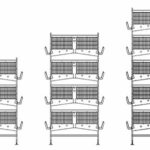


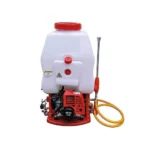
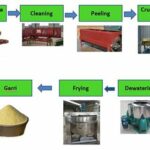

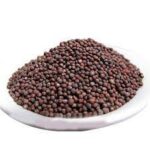





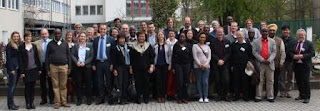

 The
The